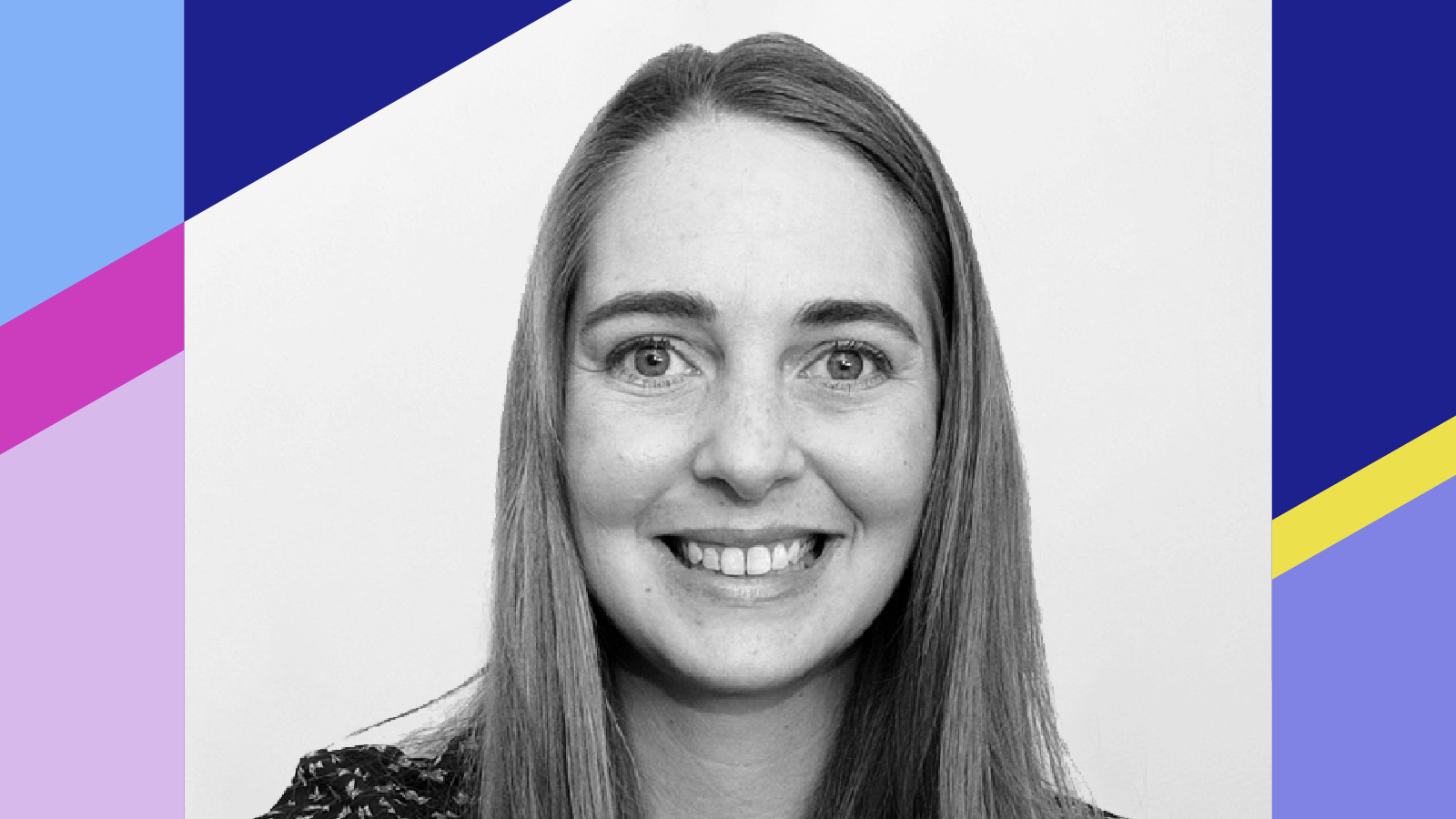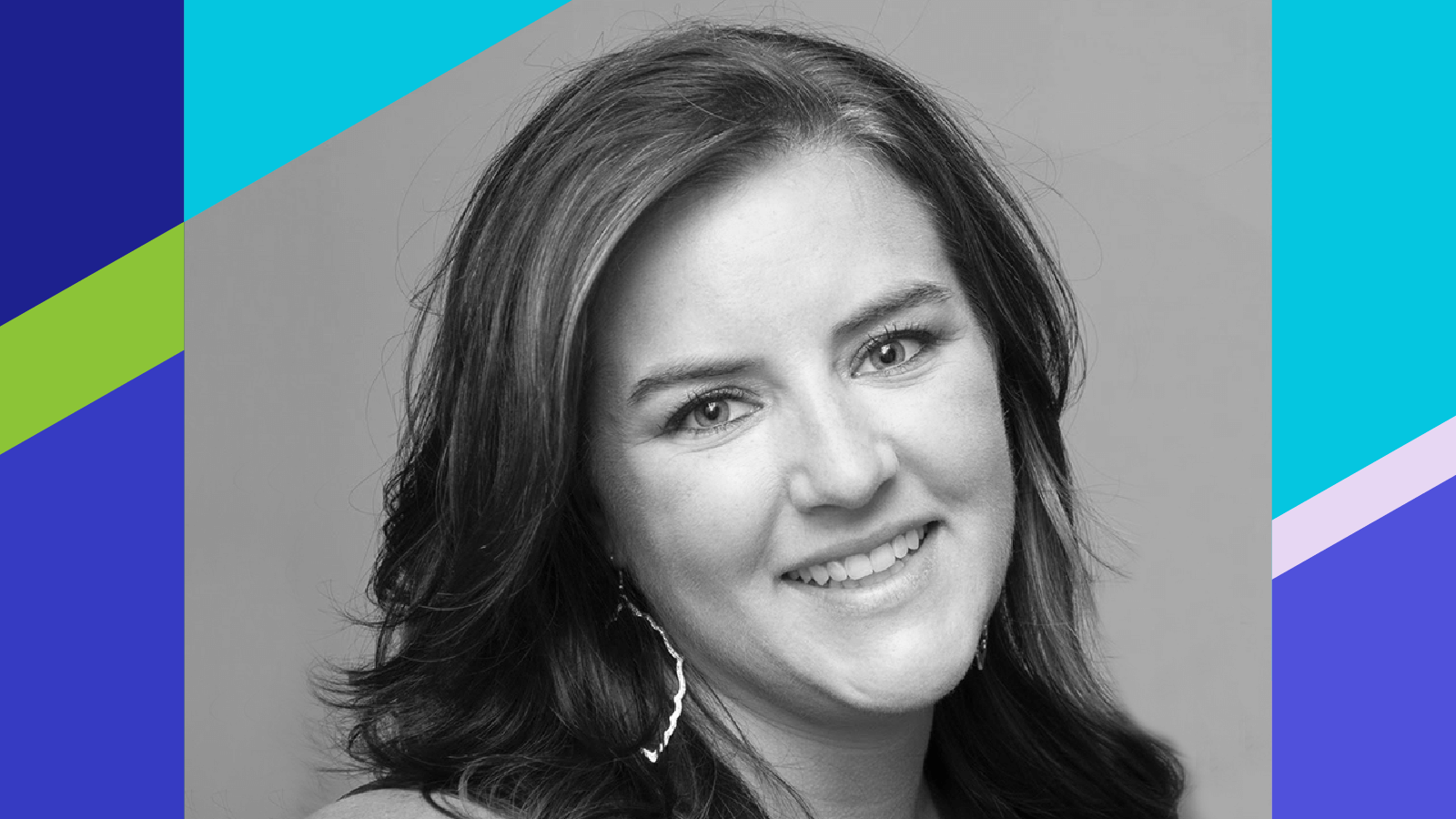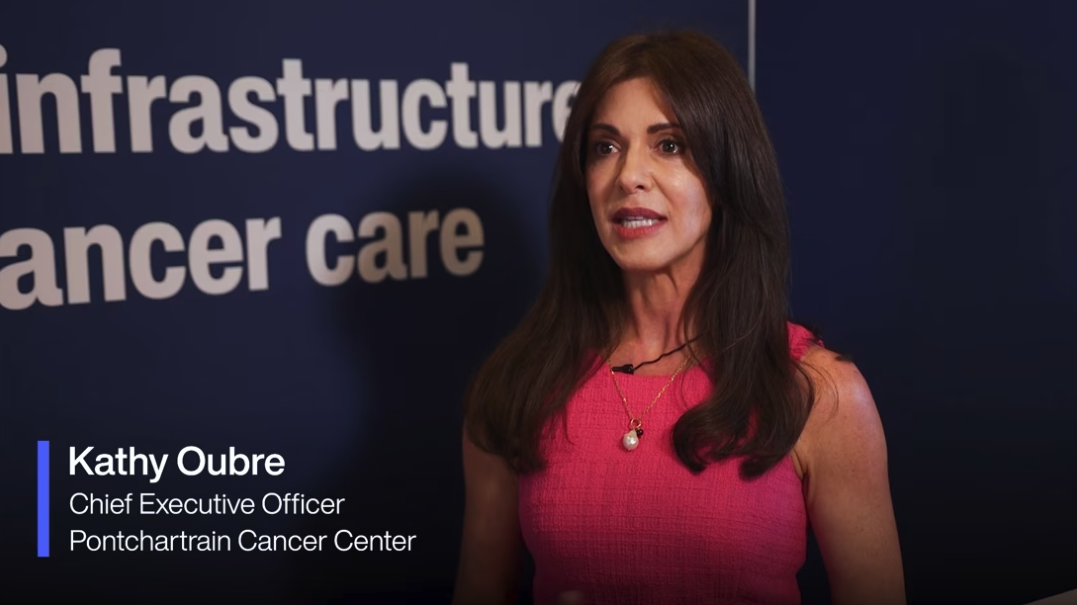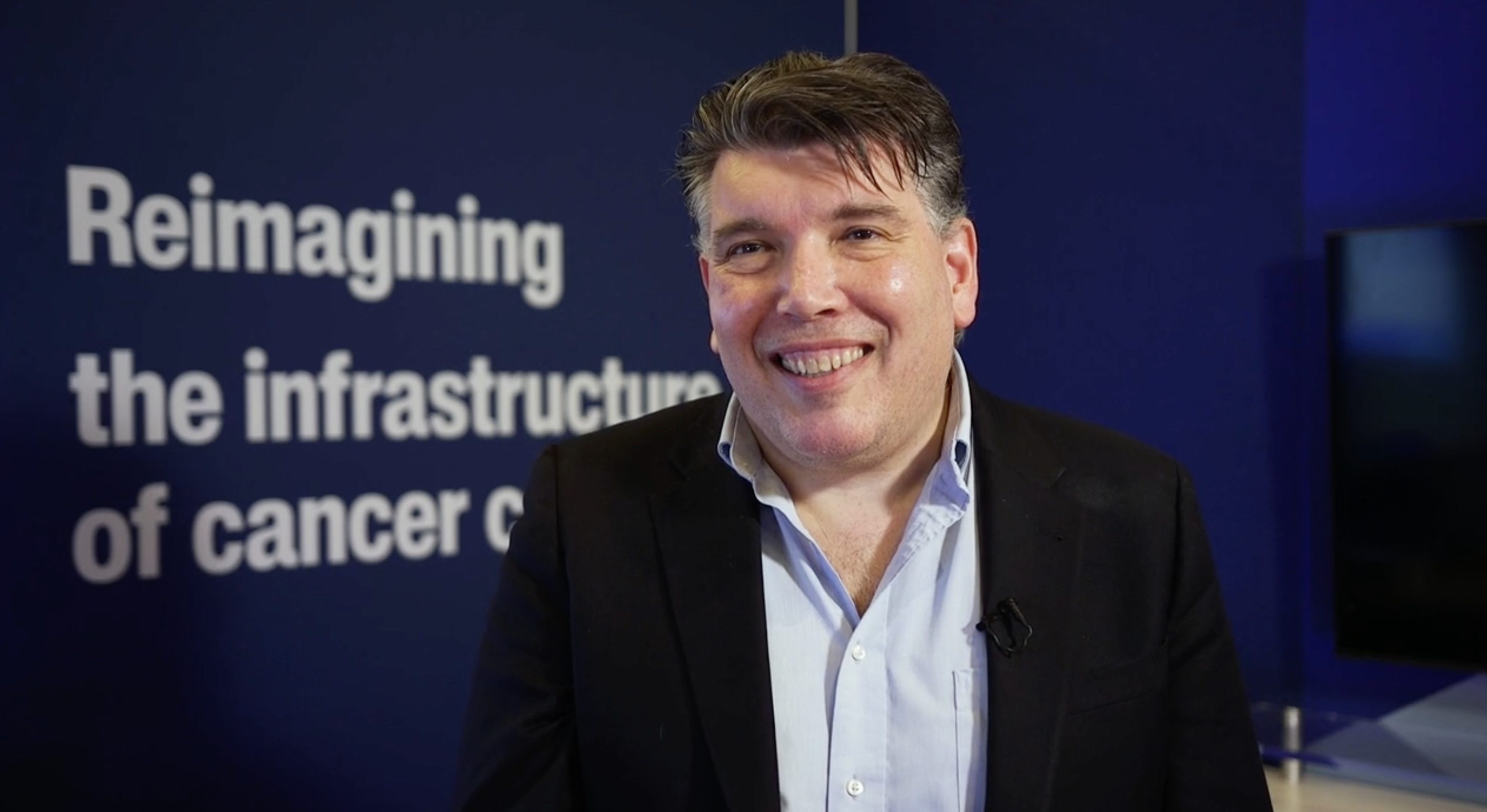We spoke with Kailee Hawkins about time-saving OncoTrials™ features, the Prospective Clinico-Genomic study that her practice is involved in and more.
Joining us today From the Community is Kailee Hawkins, M.S., the clinical research supervisor for Alabama Oncology. She manages a research team of six, and her practice has seven locations throughout the Birmingham area. Their research is central to Flatiron’s mission of learning from the experience of every cancer patient.
Flatiron: Kailee, thank you for speaking with us today! We’re looking forward to hearing about your experience with OncoTrials. Something we hear often from our customers is the importance of software being used to help save time. A goal of ours is to create software that helps you spend less time with the software, and more time with your patients. Are there any features within OncoTrials that help save you time?
Kailee: In terms of time saved and screening, we have significantly reduced the amount of time we’re spending on screening because we have a very regimented system of going through a patient’s schedules.
One of the features that’s been the most helpful for us is using the Recent Scans/Pathology view. So we have a predictive way to see if a patient is going to be transitioning treatments, and we know that’s a really key piece of information we’re looking for.
Flatiron: That’s great to hear. Can you tell us a bit about your experience working with the Flatiron OncoTrials team to execute on your research and initiatives?
Kailee: Our experience with the OncoTrials team has been really great. If we have any issue at all, we have contacts we can reach out to directly, or we submit a ticket and those issues are resolved quickly. We try not to bother the Flatiron team with too many wishlist requests, but when we do, it’s been really great. They’ve been very receptive and I think there’s an eagerness on the part of the team to learn what our problem is and try to find the best solution, even if it’s not the one we originally proposed.
And, you know, we use a lot of software products, and that eagerness is not always the case. I think the Flatiron team does a really good job of just checking in on a regular basis to say “How is this working for you?” and “What can we do better?” so that’s also unique for us.
I think the Flatiron team does a really good job of just checking in on a regular basis to say “How is this working for you?” and “What can we do better?” so that’s also unique for us.
Flatiron: I’m so glad to hear that. I’d love to talk a bit about the Prospective Clinico-Genomic (PCG) study that your practice is involved in. Can you tell us a bit about how or why you decided to pursue participation in the PCG study?
Kailee: Yeah, I don’t remember how the study came to us, but I know as a practice, what we’re looking for is a balance between some of these more complex trials, and these observational biomarker trials, which we also call middle risk studies.
And the PCG study was a no-brainer for us. We knew we had the patients and we knew that we had the volume to enroll in the study. I think what really piqued our interest is that there’s this initiative to try and remove this data entry burden from the study teams. There’s a lot of human error components that can come with that when you’re moving a lot of data points, and you’re having to answer a lot of queries which also take time. For us, this is the first technology solution we’ve been presented with that really takes everything off the site.
Flatiron: That’s really great news. I know some practices are apprehensive about participating in studies like this. Do you think there are certain factors that keep folks from participating?
Kailee: Well something that was really helpful for us is that the reimbursement is very easy. We didn’t have to keep a log of what all the visits were, and there was a lot of confidence on our end that we were being reimbursed in a timely manner and that it was accurate. And that takes a lot of burden off our team. Overall, the PCG study was very easy to run.
There was a lot of confidence on our end that we were being reimbursed in a timely manner and that it was accurate. And that takes a lot of burden off our team.
Flatiron: Feel free to be as honest as you want here, but I would love to know what you’re most excited about when it comes to OncoTrials and your partnership with Flatiron.
Kailee: Well, I think our site is really excited about the rollout of new features. OncoTrials is a great product, but the longer you use it, you know, you have questions that come up. Like, “Wouldn’t it be great if we could do …”
And a great example of this is the remote monitoring tool you guys gave us. We’re able to capture adverse events and concomitant medications, medical history … and now y’all are rolling out a new feature for capturing Response Evaluation Criteria in Solid Tumors. So I think that’s exciting for us to keep moving forward and adding new features.
Flatiron: The product roadmap is certainly always being added to! Thank you so much for speaking with us today, Kailee. We really appreciate it.



